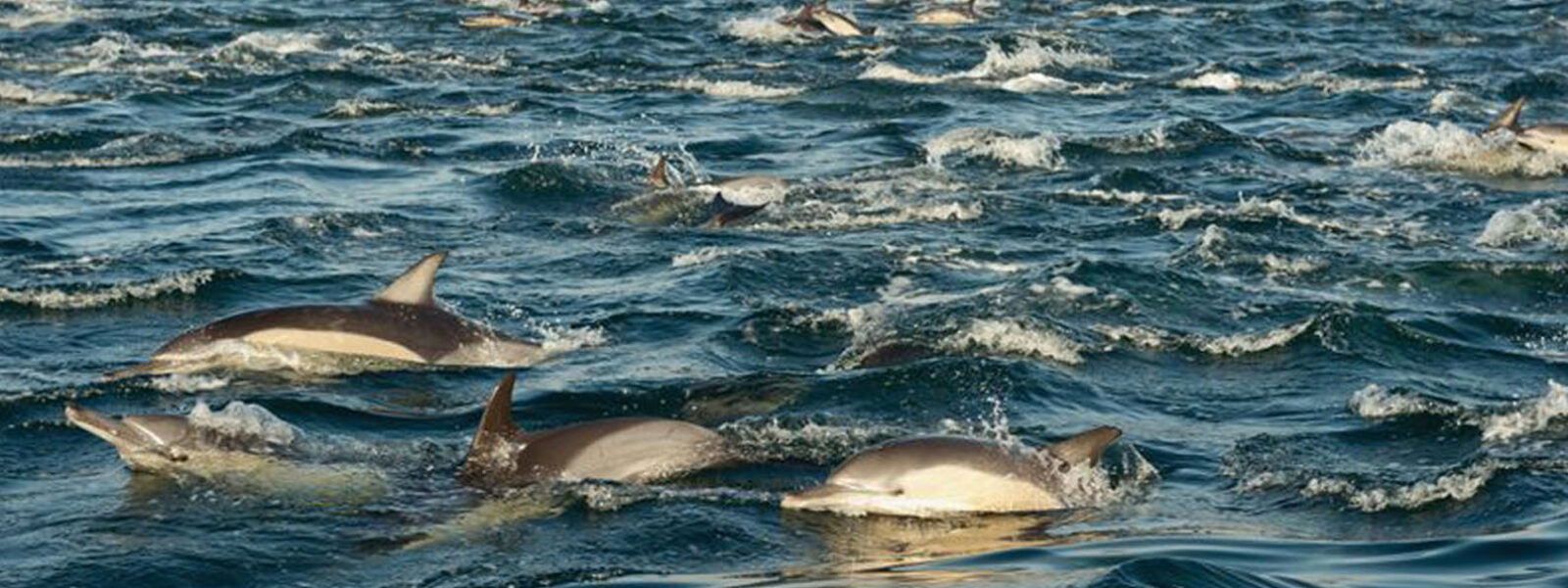

This is the second of a series of articles on the impacts of global warming on marine mammals. Global warming is being caused by gases that are emitted by human activities – particularly the burning of fossil fuels, methane from livestock and warming permafrost layers, and the cutting of trees and pollution of the ocean which impedes the absorption of excess greenhouse gases like carbon dioxide and methane. What can you do? Use less energy and eat less meat, for starters. See below for more ideas.
Our Earth is getting warmer, as the atmosphere that surrounds us gets higher and higher concentrations of “greenhouse” gases, gases like carbon dioxide and methane that allow light to be transmitted, like a pane of glass in a greenhouse, but do not allow the warmth to be radiated back into space.
There are many sources of greenhouse gases, but burning of fossil fuels and the raising of livestock, coupled with cutting down of forests and pollution of the ocean which reduces the absorption of greenhouse gases, are major culprits.
One of the major effects of global warming is the predicted rise in sea level around the world. The rise is caused by two factors: As the oceans’ waters warm, those waters expand, pushing up sea levels. The other factor is that as ice caps and glaciers on land melt, the water goes into the seas, raising the overall level. When sea ice melts, the level of the sea does not rise, because the ice is already displacing water it is floating on. But ice on land, such as the massive Greenland and Antarctic ice packs, contain huge volumes of fresh water that flows into the oceans.
There is substantial debate over how fast the sea level will rise and how high. There is already evidence of sea level rise in several low lying areas of the Earth, which are flooding with greater frequency during high tides that have crept up higher.
Generally, the sea level is expected to rise 3 to 7 feet if the Earth warms an average of 3.5 degrees centigrade more than at present, as it may by 2100. Some observers fear ocean levels may rise as much as 15 feet before the end of the century, unless steps are taken. Higher warming is also expected if steps are not taken to curb global greenhouse gases.
The effects may devastate coastal areas around the world. Places like downtown Manhattan and San Francisco will likely either need massive and expensive water barriers or risk being abandoned. Some island nations, barely a few feet above sea level, are likely to disappear completely. Third world countries like Bangladesh are particularly vulnerable but lack funding to protect their low-lying homes.
But the rising waters of the seas also threatens the health of the coastal waters that dolphins and many other marine species inhabit. Toxic sites are common along shorelines, as are municipal dumps and other sources of pollution. Now, those pollutants are concentrated on land, but once inundated, coastal waters and storms will leach out the chemicals, creating a witch’s brew of deadly import for marine life with the new higher levels of the ocean.
Already, in many areas around the world, such as offshore of the mouth of the Mississippi River, we are seeing underwater “dead zones” formed by strong runoff of nutrients. During summer months, pollution inshore can cause blooms of toxic algae, which in turn poisons dolphins and fish life.
Such effects can be expected to increase substantially if sea level is allowed to rise to unprecedented levels due to global warming.
WHAT YOU CAN DO:
Reduce your use of energy – walk or bike to work, buy an electric or hybrid car, turn out lights when not in use, put computers and other household appliances on energy strips (such items leak energy when plugged directly into electricity outlets, even when turned off), wear a sweater and turn down your thermostat, avoid using air conditioning. and buy low-energy light bulbs and appliances.
Urge your state and federal representatives to take action to prevent global warming. There are many actions that must be taken to reduce the production of greenhouse gases that cause global warming. State legislatures and the Congress SHOULD be leading the way for an economy based on substantially reduced fossil fuel use. Solar, wind, and hydro power can replace burning fossil fuels with clean energy.
Reduce your eating of meat, as livestock release large amounts of methane gas, which is an even more potent greenhouse gas than carbon dioxide. Why not go vegetarian or vegan? You will eat better and help avoid the needless killing of livestock, too.
Support the efforts of Earth Island and other organizations to reduce global warming!
Thanks for your support – the dolphins and we appreciate it!
